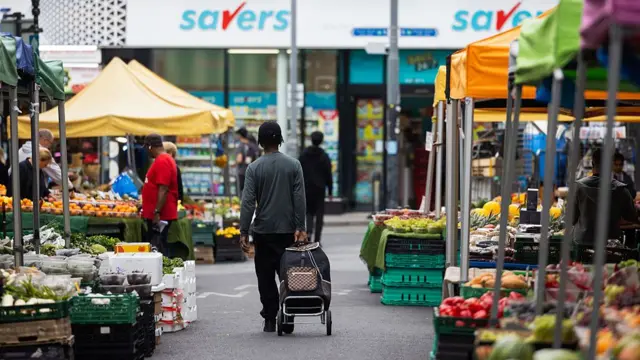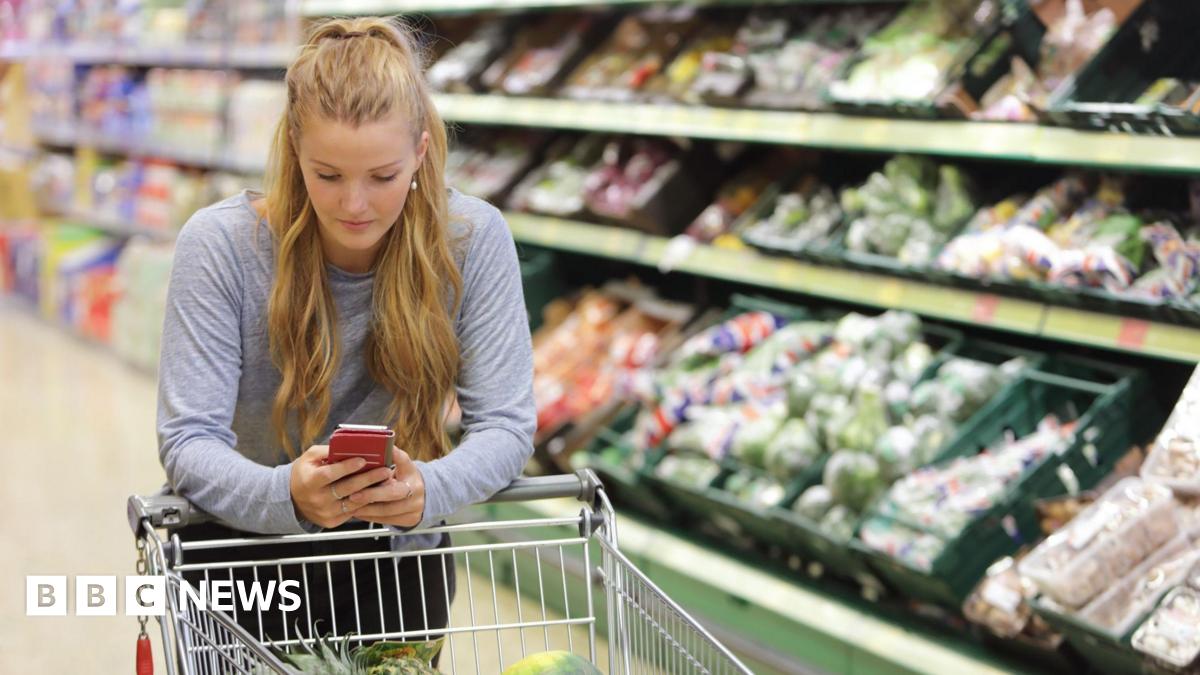
06:49 BST
 Dharshini David
Dharshini David
Deputy economics editor
 Image source, Getty Images
Image source, Getty Images
Food, energy, water, travel… the bills just seem to keep mounting.
Such increases mean inflation may have hit 4% last month (we’ll find out if that’s the case in just a few minutes).
Many reflect global commodity price moves – but domestic factors play a part too.
Economists, including those at the Bank of England, have highlighted that the impact of government policies such as higher taxes and minimum wages have pushed up costs for some businesses and so prices in consumer facing sectors such as retail and hospitality.
And these figures could underscore that the Bank may not be in a hurry to cut rates again, as it focuses on getting inflation back down.
But there may be hope ahead: analysts think the bulk of the rise in costs is filtering through, the inflation rate should drop back, as prices rise at a slower rate as we head into 2026.
And that matters – not just for households but the economy, too.
Wages are now generally rising faster than prices (and these inflation figures should mean a more generous increase in benefits next year, too).
But scarred by the cost of living rises of the last few years, and nervous of what may yet lie ahead, consumers are hesitant to spend, holding back growth.
